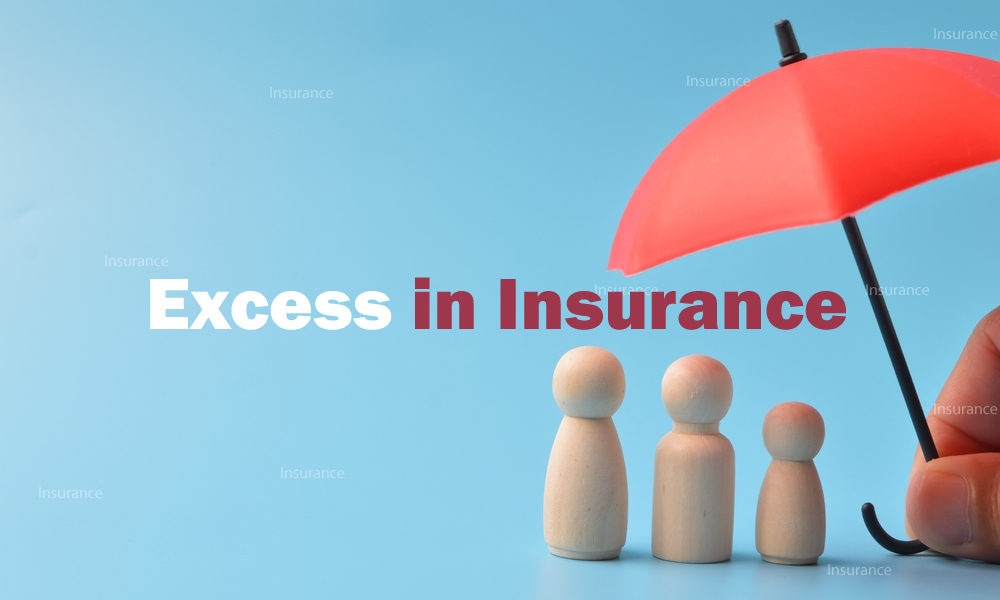If you ever had any insurance other than life insurance, there is almost a certainty that you’ve come across the term ‘Excess’. The meaning of the word insurance differs a lot from what we use it for in our day-to-day lives. So, what is excess in insurance?
In plain terms, the excess is an amount of money that you need to pay to the insurance company. But isn’t that why premiums are in place? Well, the main difference between premiums and excess is that, unlike the premium, you don’t have to pay the excess regularly. When you claim the insurance, you need to pay a certain amount of the insurance money while the rest is covered by the insurance company.
Let’s take a detailed look at excess and how it works.



